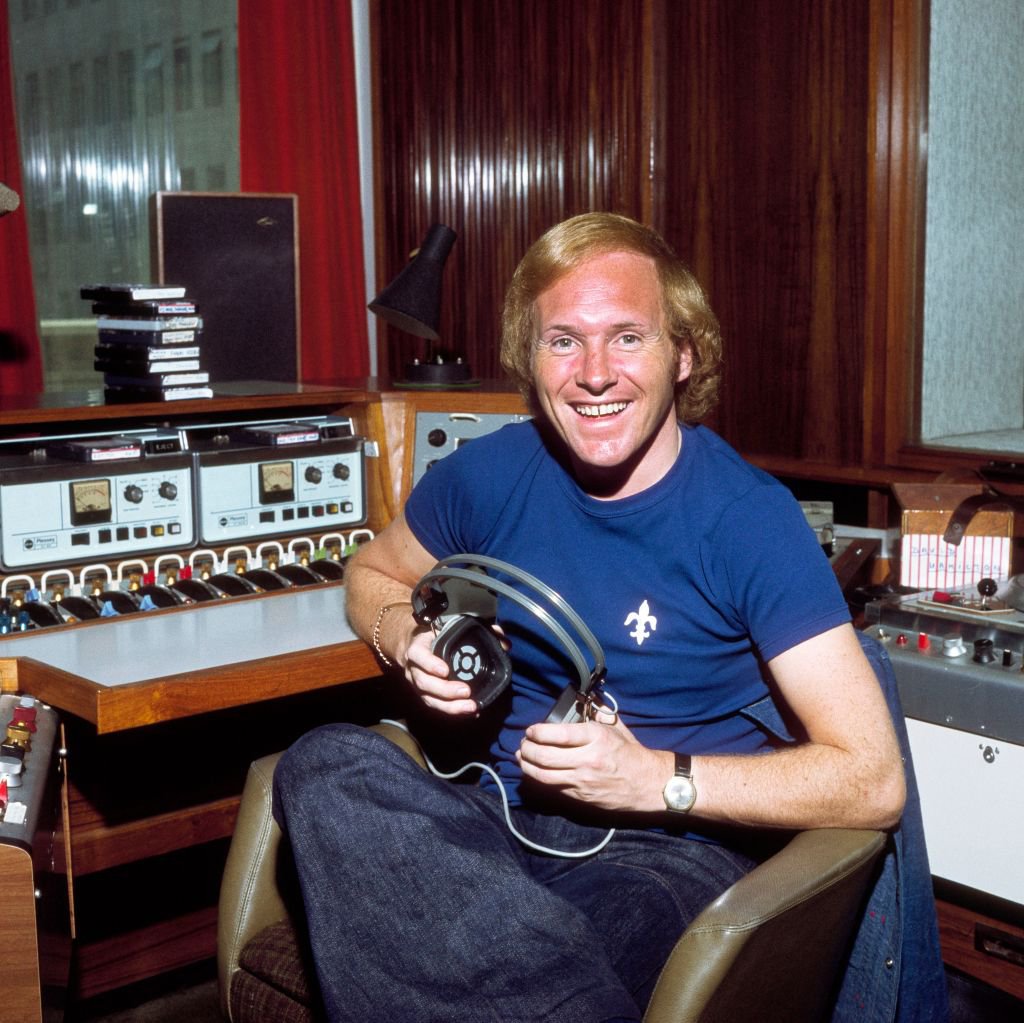The landscape of United Kingdom radio broadcasting is undergoing a significant transformation, marked by a notable decline in listenership for long-established stations and a surge in popularity for niche digital platforms. This shift reflects evolving audience preferences and the strategic positioning of emerging players in the highly competitive radio industry, particularly impacting legacy broadcasters like BBC Radio 2.
BBC Radio 2, a staple of UK radio for decades, has experienced its lowest listener figures in two decades, shedding a staggering one million listeners in the last quarter alone. Data from ratings body Rajar reveals the station’s audience slumped to 12.6 million, a figure not seen since 2003, signaling a significant challenge in retaining its traditional audience base amidst changing audience trends.
This substantial drop in listenership coincides with key changes at the station, including the departure of a prominent breakfast show host and her subsequent replacement. Analysts suggest that the station’s recent shift away from its traditional diet of classic pop from the 1960s and 1970s, opting instead for more contemporary music, has alienated a core segment of its older demographic, who feel increasingly disconnected from the current programming.
In stark contrast to Radio 2’s struggles, Boom Radio, a vibrant digital radio station, is celebrating unprecedented growth, attracting a substantial audience seeking a nostalgic return to familiar sounds. Broadcasting innovatively from its DJs’ garden sheds and kitchens, Boom Radio has carved out a unique space by specifically targeting listeners aged 55 and over, tapping into a demographic often overlooked by mainstream broadcasters.
Boom Radio has not only provided a new platform for cherished former BBC DJs, including figures like David Hamilton and Simon Bates, but has also seen its weekly listener numbers soar to 711,000, representing a 14 percent increase from the previous year. This remarkable growth marks its highest figures since its inception in 2021, underscoring its successful strategy in catering to the “golden oldies” demographic.
The burgeoning success of Boom Radio has not gone unnoticed by the BBC, leading to a notable industry tussle. The BBC’s ambition to launch a new BBC Radio 2 spin-off station, leveraging its extensive music archives to appeal to older listeners, was met with strong opposition from Boom Radio, which argued such a move would directly poach its dedicated listeners and advertising revenue.
Despite the overall decline, BBC Radio 2 does maintain some strongholds, with its mid-morning show remaining the UK’s most listened-to radio program. Helen Thomas, Head of Radio 2, emphasized the station’s broader achievements and its continued position as the UK’s most listened-to single radio station with 12.6 million weekly listeners, highlighting successful events and programming initiatives.
Phil Riley, co-founder of Boom Radio, attributes their burgeoning success to an “incredible army of listeners” and the unparalleled loyalty they exhibit, tuning in for almost 16 hours per week. He credits the station’s presenters for connecting deeply with their audience and the freedom they are given in music selection, which stands in stark contrast to the more “formulaic” approach prevalent in much of today’s commercial radio.
Beyond the direct rivalry, the broader UK radio market continues to evolve, with other major networks like Heart solidifying their lead in the commercial radio sector, boasting a massive 13 million weekly listeners across its stations. Similarly, Bauer Media’s Hits Radio and Greatest Hits Radio combined now reach 12.9 million listeners, illustrating the dynamic and competitive nature of the entire radio broadcasting ecosystem.






Leave a Reply